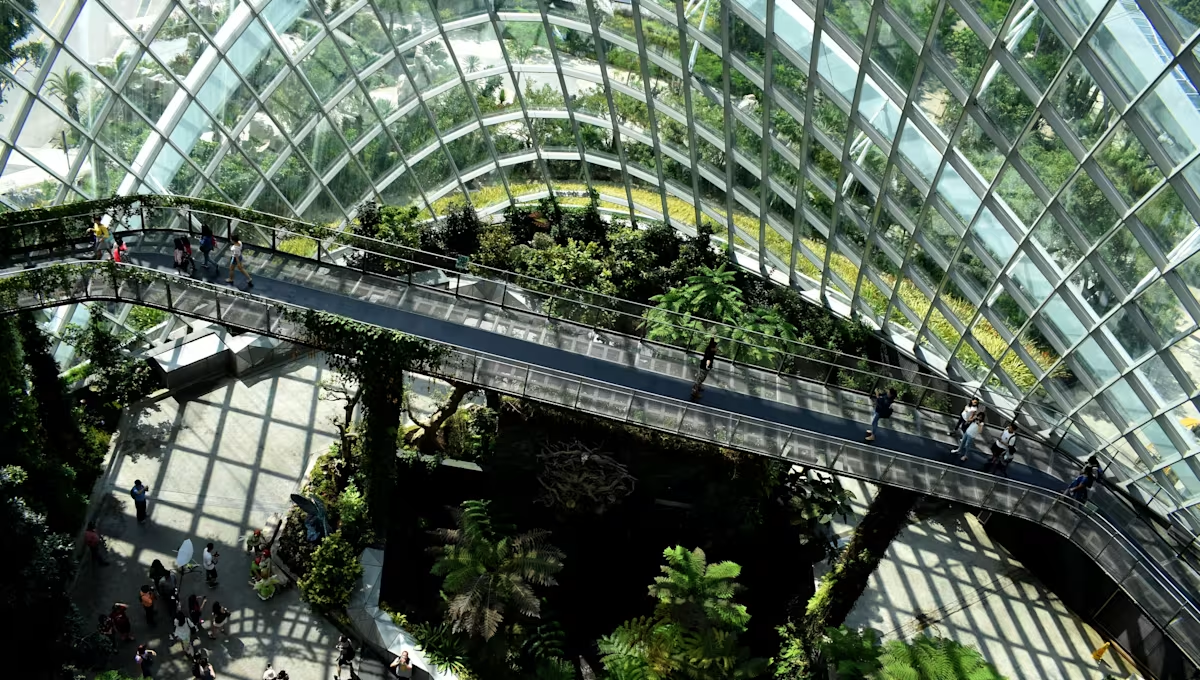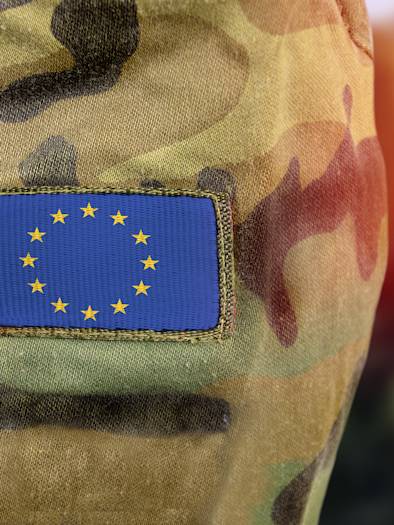
The EU in 2020: La Vie en Vert
Global climate champion. Three words that best describe European Commission President Ursula von der Leyen’s ambitions for the European Union as we enter a new decade.
Just over a month into the new European Commission’s five-year tenure, it is already evident that sustainability will drive and green policies will color all EU policy and legislation in the coming years.
To kick it all off, the details of the much talked about European Green Deal – the EU’s goal to become emissions neutral by 2050 – were announced in December 2019. Its top-level goals include climate neutrality, cutting pollution, supporting clean innovations and an inclusive transition to ensure all 27 EU member countries live up to expectations.
Von der Leyen called it Europe’s “new growth strategy,” not limited to environmental regulation but encompassing economic reform and industrial policies as well. With an immense mobilization of capital, the transformation of the European economy is not based on political calculation but rather it is “the right thing to do.”
In the new Commission’s first 100 days, proposals for a European Climate Law will set carbon neutrality (net zero CO2emissions) by 2050 into law. Another proposal is the Carbon Border Adjustment Tax, a CO2 tax on imported goods at the EU border.
But the Green Deal is not all about restrictions – the strategy also intends to drive growth, create jobs and boost innovation. The Commission wants to make environmental policy an appealing instrument to grow the economy.
Global impact
While it is the “European” Green Deal and central to the EU’s efforts to lead by example and drive global solutions, its impact will be felt far beyond the continent. In its announcement, the European Commission committed to “using diplomacy, trade and development cooperation to advance climate action” and “setting standards for sustainable growth across global value chains.”
No sector left behind
In a previous article, H+K discussed that textiles were the next target for European environmental regulations in terms of microplastics, production processes and end-of-life waste. Just as with plastic packaging or fossil fuels, the awareness of these topics has increased tremendously, and they have become natural “targets” when discussing sustainability measures.
The trend set forth by the new Commission, however, suggests that the impact of environmental regulations will be felt far beyond these immediate sectors. And those sectors previously exempt to ensure the EU’s global competitiveness, such as air travel and the shipping industry, will now enter the limelight. No sector will be immune to the efforts required to reach the ambitious goals.
What does this mean for business and industry and how can you prepare?
Green will trickle into all policies
Coherence sits at the center of von der Leyen’s approach to setting up her European Commission. No department or policy stands alone; everything is linked. This means that policies which used to fall strictly under the department for industrial growth will now be reviewed by the department for environment as well.
Anyone working with EU authorities will need to adopt this mindset. No conversations will be kept separate from the EU’s environmental targets.
Green commitments will be favored
Whatever the topic of discussion, European authorities will view sustainable, green and innovative companies – or at least those moving in the right direction – favorably. This is not only true for producers or manufacturers but for the entire value chain, from raw materials providers to end-users.
The EU craves practical solutions
The Commission’s ambition to drive sustainability is high, but the feasibility of certain proposals is uncertain, so the Commission is looking for practical insights and solutions. Companies with innovative and sustainable answers to the EU’s main challenges will find welcoming ears for their message within the EU’s buildings.
Getting on the sustainability bandwagon now will not only help companies become a preferred EU partner but also open the door to funding. Over the next couple of years, spending on sustainability is projected to reach 1 trillion Euros.
Now is the time to act
We expect things to move quickly. In March 2020, three core strategies will be announced:
The Circular Economy package – the EU’s action plan from 2015 to reduce waste and promote re-using, repairing, refurbishing and recycling existing materials and products–will be expanded to include a specific approach for resource intense sectors such as textiles, construction, electronics and plastics.
The industrial strategy will harness the digital transformation to achieve the Green Deal objectives.
The biodiversity strategy will identify measures to restore damaged ecosystems and enhance the biodiversity of urban areas.
Any company or organization with a desire to be heard and participate in these policy developments should not hesitate to engage.
In conclusion: The EU, with its high purchasing power, is still the largest integrated market in the world. For all companies interested in selling to this market, sustainability will be fundamental.







